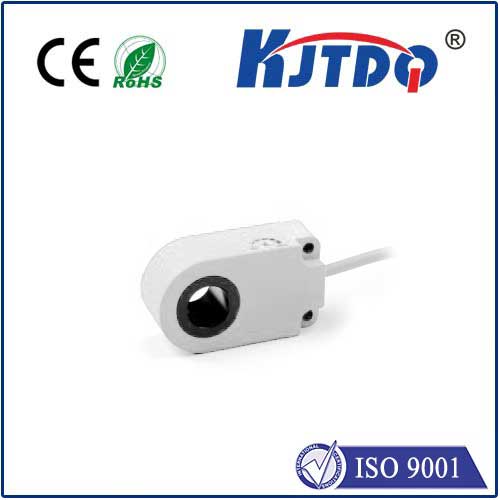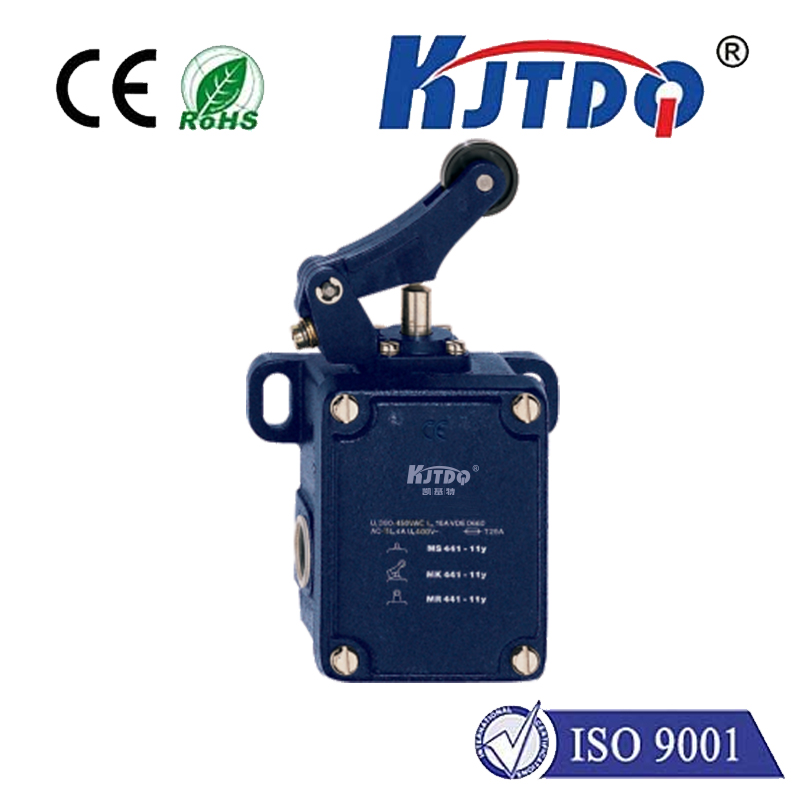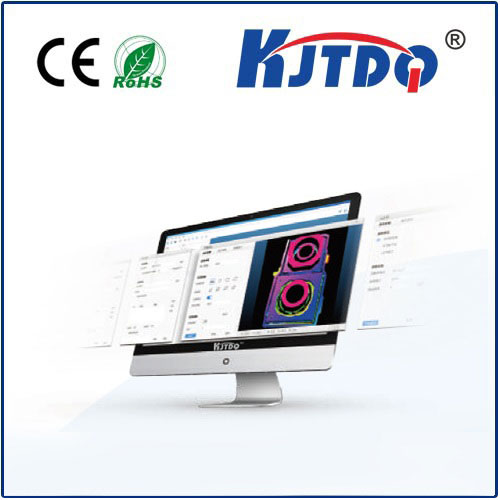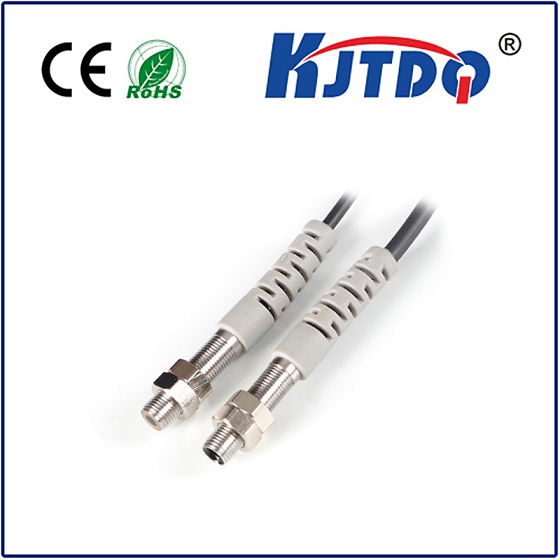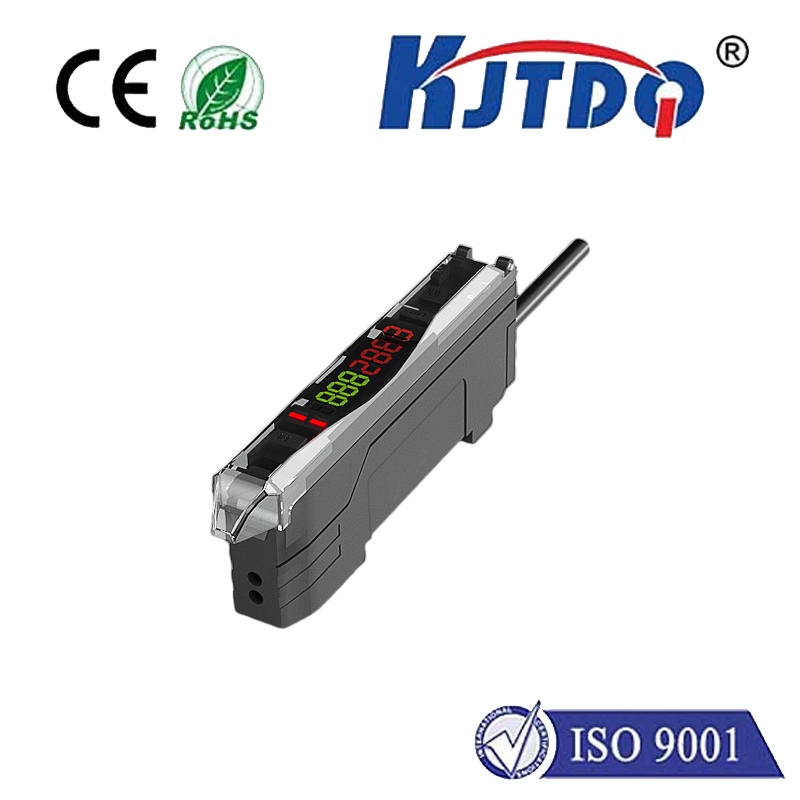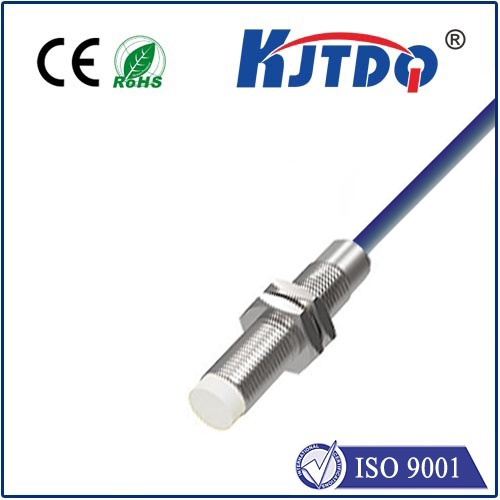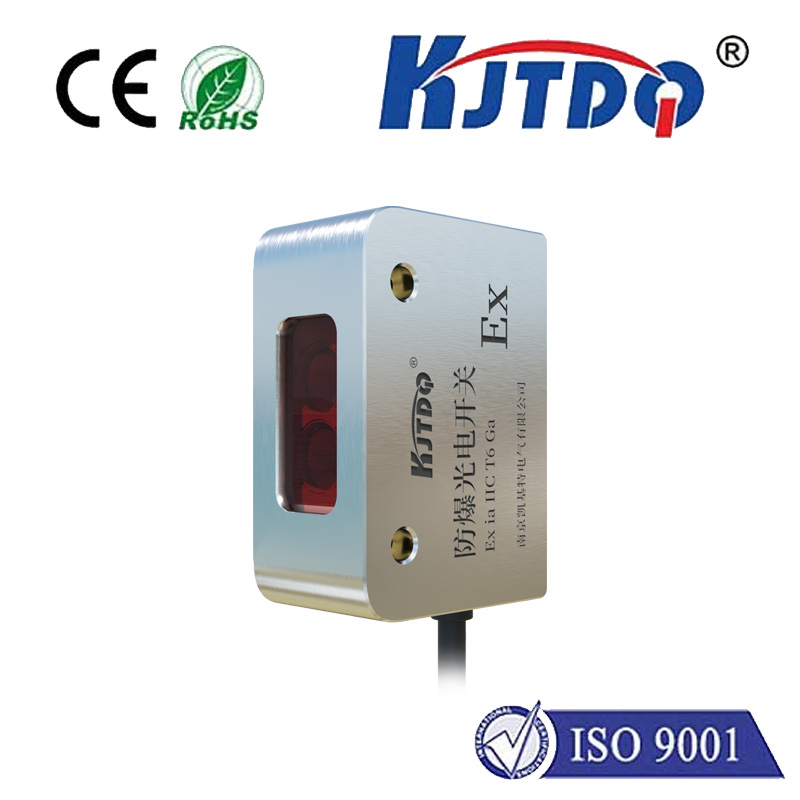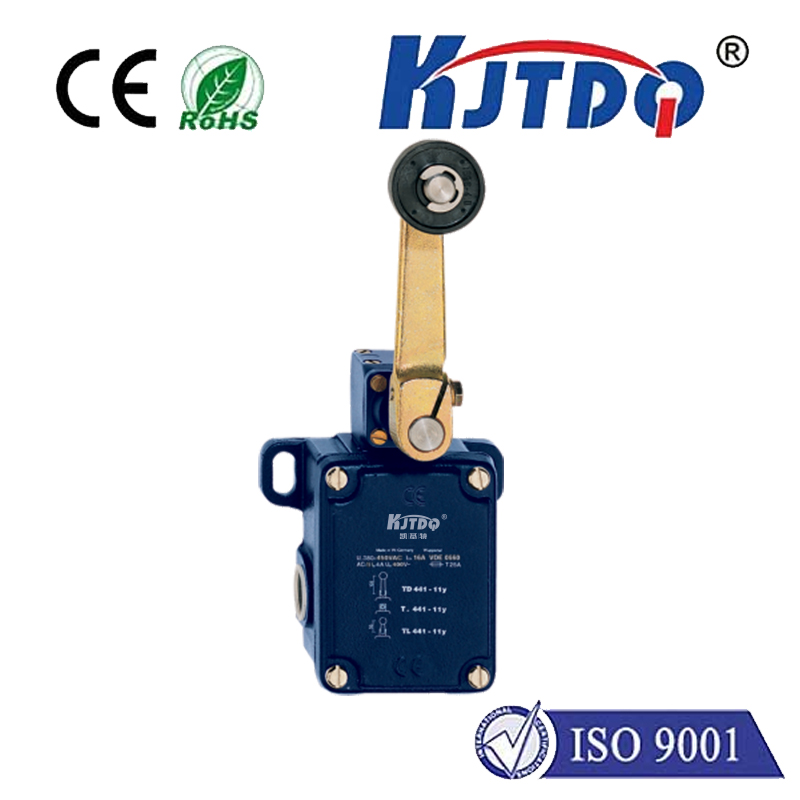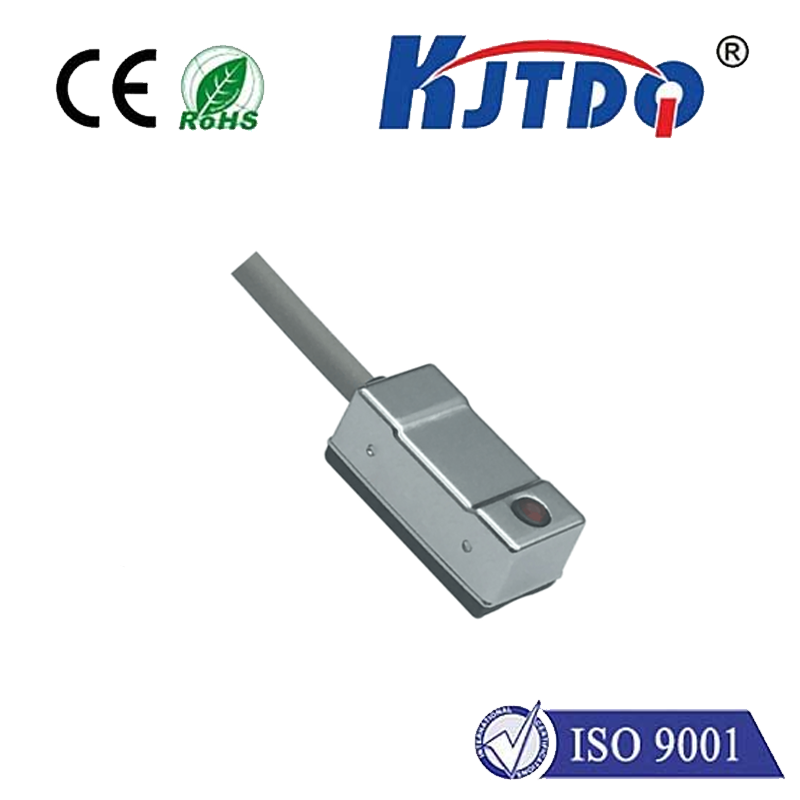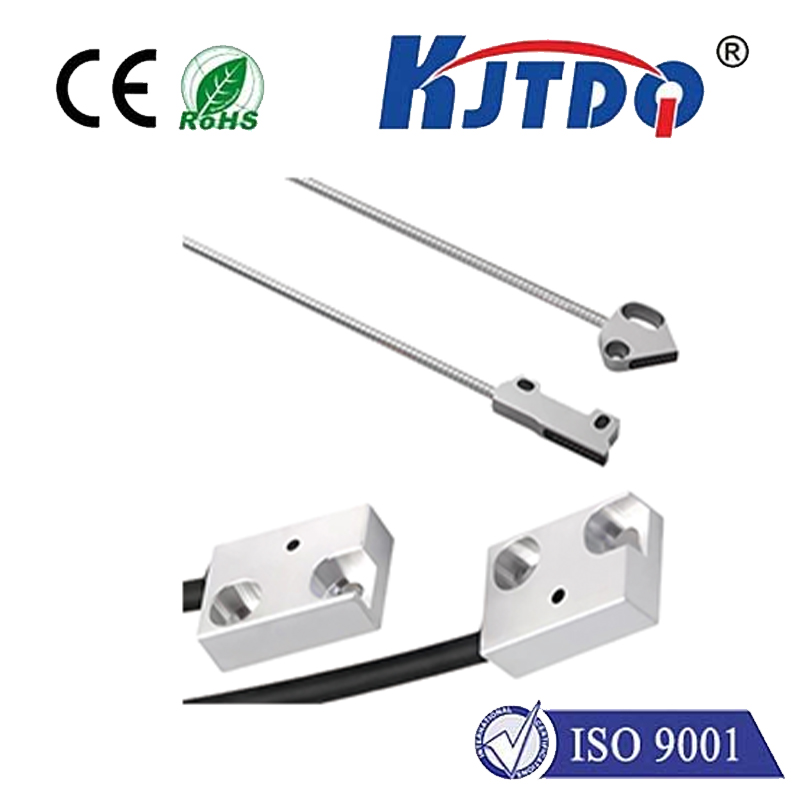
check

check

check

check
Title: Understanding the Power of Laser Line Sensors in Modern Manufacturing
The world of manufacturing is evolving rapidly, and one of the key technologies driving this change is the use of advanced sensors. Among these, laser line sensors stand out as a game-changer, offering high-precision measurements with unparalleled accuracy and speed. In this article, we'll take a deep dive into the world of laser line sensors, exploring their capabilities, applications, and future potential.
At its core, a laser line sensor is a type of optical sensor that utilizes a laser beam to scan a distance along a linear path. This allows it to detect changes in the position or velocity of objects on that path, providing valuable information for monitoring and controlling production processes. One of the key benefits of laser line sensors is their ability to operate continuously without requiring any periodic calibration or maintenance.

The technology behind laser line sensors is based on the principles of laser triangulation, which involves measuring the time it takes for the laser beam to bounce back after hitting an object. By tracking the relative positions of the laser source and receiver, along with the speed of light, scientists can calculate the distance traveled by the object and determine its precise location. This makes laser line sensors ideal for applications such as quality control, process optimization, and inventory management.
In addition to their accuracy and reliability, laser line sensors also offer several other advantages over traditional sensor technologies. For example, they do not emit any visible light or infrared radiation, making them ideal for use in environments where visibility is critical. They are also immune to interference from external sources such as dust, noise, or vibration, ensuring consistent performance even in challenging conditions.
Some of the most common applications for laser line sensors include tracking moving objects in real-time, detecting defects or errors in manufactured products, verifying the correctness of assembly processes, and monitoring the performance of machinery or equipment. By leveraging the power of this advanced technology, manufacturers can improve efficiency, reduce waste, and increase productivity across their entire value chain.
Looking ahead, the future of laser line sensors is bright indeed. As researchers continue to push the boundaries of what's possible with this cutting-edge technology, we can expect to see even more innovative solutions emerge. For example, some experts predict that future laser line sensors may incorporate artificial intelligence algorithms to analyze data in real-time and identify trends or patterns that could inform decision-making. Others are exploring ways to integrate laser line sensors with other emerging technologies such as robotics or the Internet of Things (IoT), creating truly connected and intelligent systems that can adapt to changing conditions on the fly.
In conclusion, laser line sensors represent a significant leap forward in the field of manufacturing innovation. By providing high-precision measurements with unparalleled accuracy and speed, these sophisticated devices are helping businesses around the world stay ahead of the curve and drive continuous improvement in their operations. Whether you're a manufacturer looking to optimize your production processes or an engineer seeking new ways to harness the power of cutting-edge technology, laser line sensors are definitely worth considering. So why wait? Start exploring the possibilities today!
